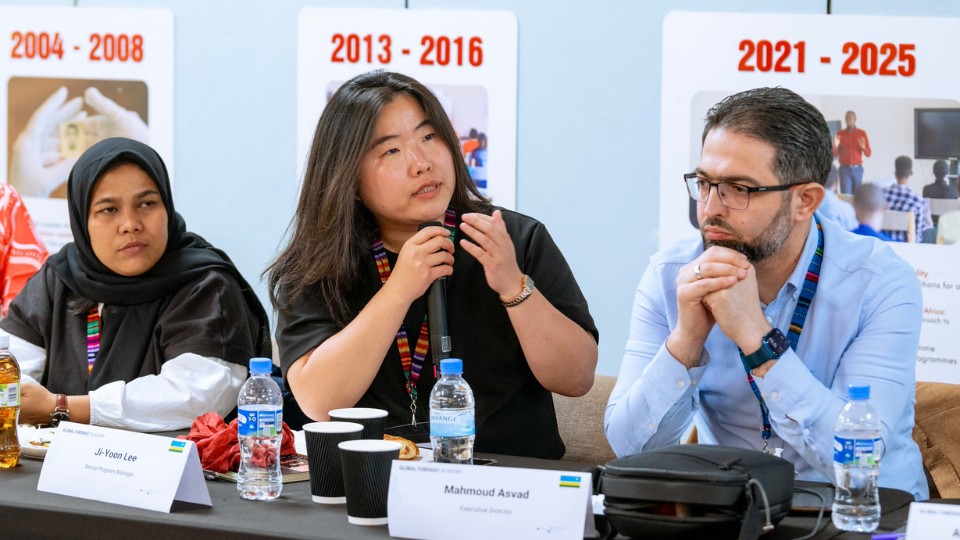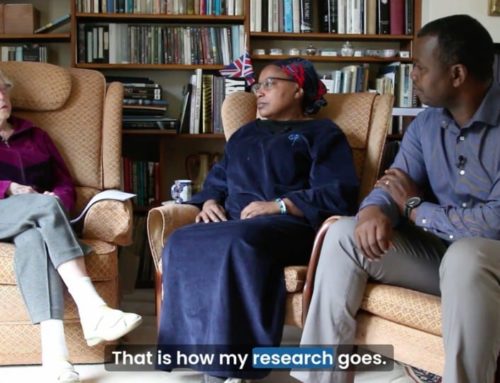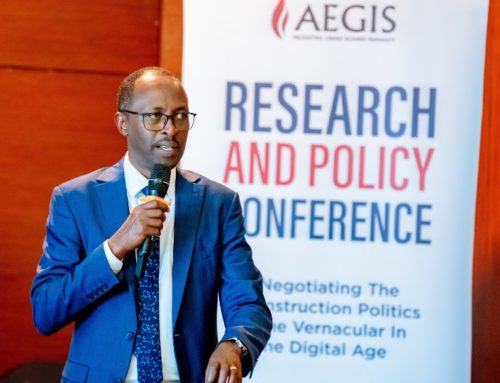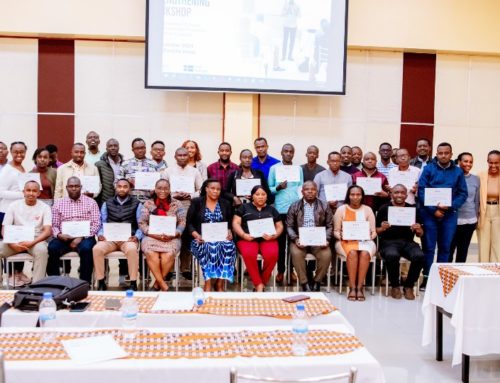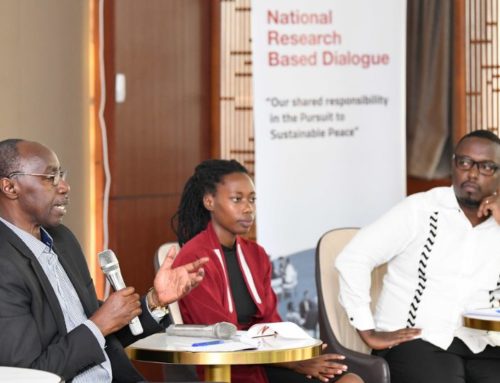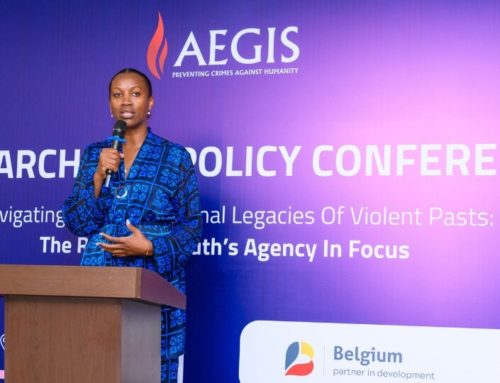From 17 to 22 November 2025, Kigali hosted a workshop organized by the Global Forensic Academy bringing together organizations and individuals from the Middle East, Africa, and Asia to strengthen local capacity in the search for and identification of disappeared persons; genocide victims who have not yet been found. This workshop is part of a longstanding collaboration between the Global Forensic Academy and Aegis Trust, which has been ongoing for several years to support forensic training and promote community-led efforts in locating the disappeared.
The programme included sessions at the Kigali Genocide Memorial and field visits to Ntarama and Nyamata memorials, as well as a visit to a reconciliation village, where survivors and former perpetrators of the 1994 genocide against the Tutsi now live side by side.
The workshop explored multidisciplinary forensic methods to locate unfound genocide victims and support communities in reconnecting families with their loved ones. Beyond technical training, participants engaged with the lived experiences of survivors and former perpetrators, gaining first-hand insight into journeys of forgiveness, reconciliation and coexistence.
Aegis CEO Freddy Mutanguha provided participants with a historical overview of the Genocide against the Tutsi and Rwanda’s reconstruction, highlighting the pivotal role of the justice system through the home-grown Gacaca courts and the ongoing journey of reconciliation. As Freddy emphasized:
“Understanding the past and the processes of justice and reconciliation is essential for building a future where communities can live together in harmony.”
Participant reflections included:
- “The memorial gave me a true understanding of what really happened. Every story preserved here teaches the world that hatred must never be passed to the next generation.”
- “Genocide memorials are a reminder that remembering, healing, and rebuilding are possible and that humanity can choose peace no matter how dark the past.”
- “Listening to stories of survivors and perpetrators gave inspiration and hope. Their strength teaches more than any textbook ever could.”
The Global Forensic Academy continues to support the development of forensic expertise and community-led networks worldwide, ensuring that the search for disappeared persons remains a priority and that families and communities can reclaim hope and dignity.

